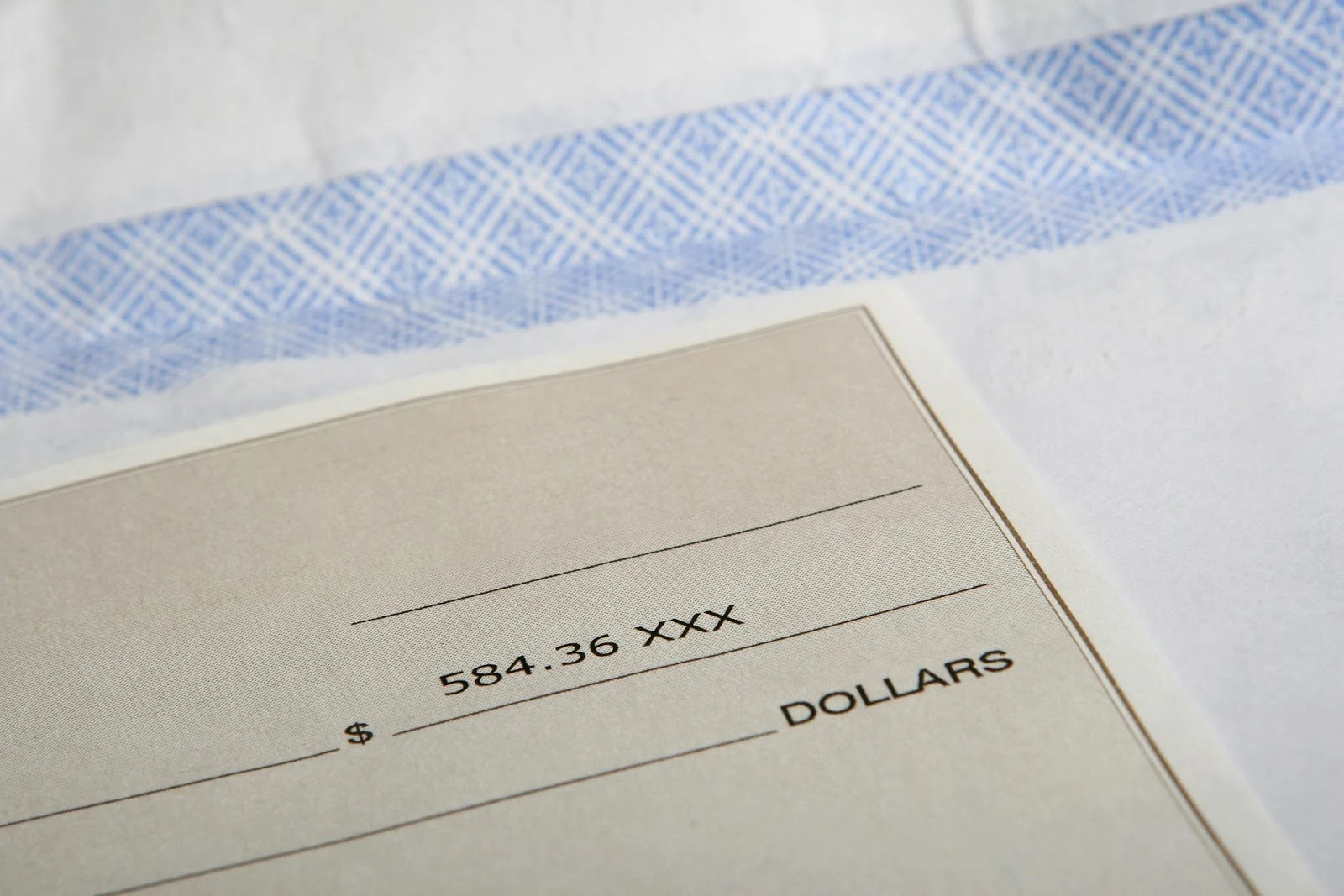The Negotiable Instruments Act, 1881 governs the use of negotiable instruments like promissory notes, bills of exchange, and cheques. Two important aspects under this Act are Dishonour and Discharge of instruments. These concepts relate to the failure of payment and the release from liability, respectively.

Dishonour of Negotiable Instruments
A negotiable instrument is said to be dishonoured when the party liable to pay refuses or fails to make the payment when it becomes due.
Types of Dishonour:
1. Dishonour by Non-Acceptance (Section 91)
Occurs in the case of a bill of exchange when the drawee refuses to accept the bill.
Example:
A draws a bill on B. If B refuses to accept it when presented, the bill is dishonoured by non-acceptance.
2. Dishonour by Non-Payment (Section 92)
Occurs when the party primarily liable (maker of a note, acceptor of a bill, or drawer of a cheque) fails to pay upon maturity.
Example:
A cheque issued by X to Y bounces due to insufficient funds. This is a dishonour by non-payment.
Notice of Dishonour (Sections 93–98)
When an instrument is dishonoured, the holder must give notice of dishonour to all prior parties whom they intend to hold liable.
-
Must be given within a reasonable time.
-
Can be oral or written.
Exception: No notice is required if it's waived, or the party is already aware.
Discharge of Negotiable Instruments
Discharge means the instrument is no longer enforceable and all parties are released from liability.
Modes of Discharge:
1. By Payment in Due Course (Section 82)
When the instrument is paid fully at or after maturity by the liable party.
Example:
A promissory note payable on 1st May is paid by the maker on that day. The instrument is discharged.
2. By Cancellation (Section 82(a))
When the holder deliberately cancels the instrument or the name of any party, releasing them from liability.
3. By Release (Section 82(b))
When the holder releases any party from liability, that party is discharged.
4. By Material Alteration (Section 87)
If the instrument is altered without consent, it becomes void.
Example:
Changing the amount or date of a cheque without permission results in discharge of the instrument.
5. By Allowing Drawee More than 48 Hours to Accept (Section 83)
Applies to bills of exchange. If the holder allows more than 48 hours to accept the bill without consent from prior parties, those parties are discharged.
Discharge of One Party vs. Discharge of Instrument
-
Discharge of the Instrument: Entire instrument is satisfied, and no claim can be made.
-
Discharge of a Party: Specific party is released, others may still be liable.
Conclusion
The concepts of dishonour and discharge play a critical role in the functioning of negotiable instruments. While dishonour relates to the non-fulfillment of obligations, discharge brings the legal relationship between parties to an end. Understanding these provisions helps prevent disputes and ensures smooth financial transactions under the Negotiable Instruments Act, 1881.
